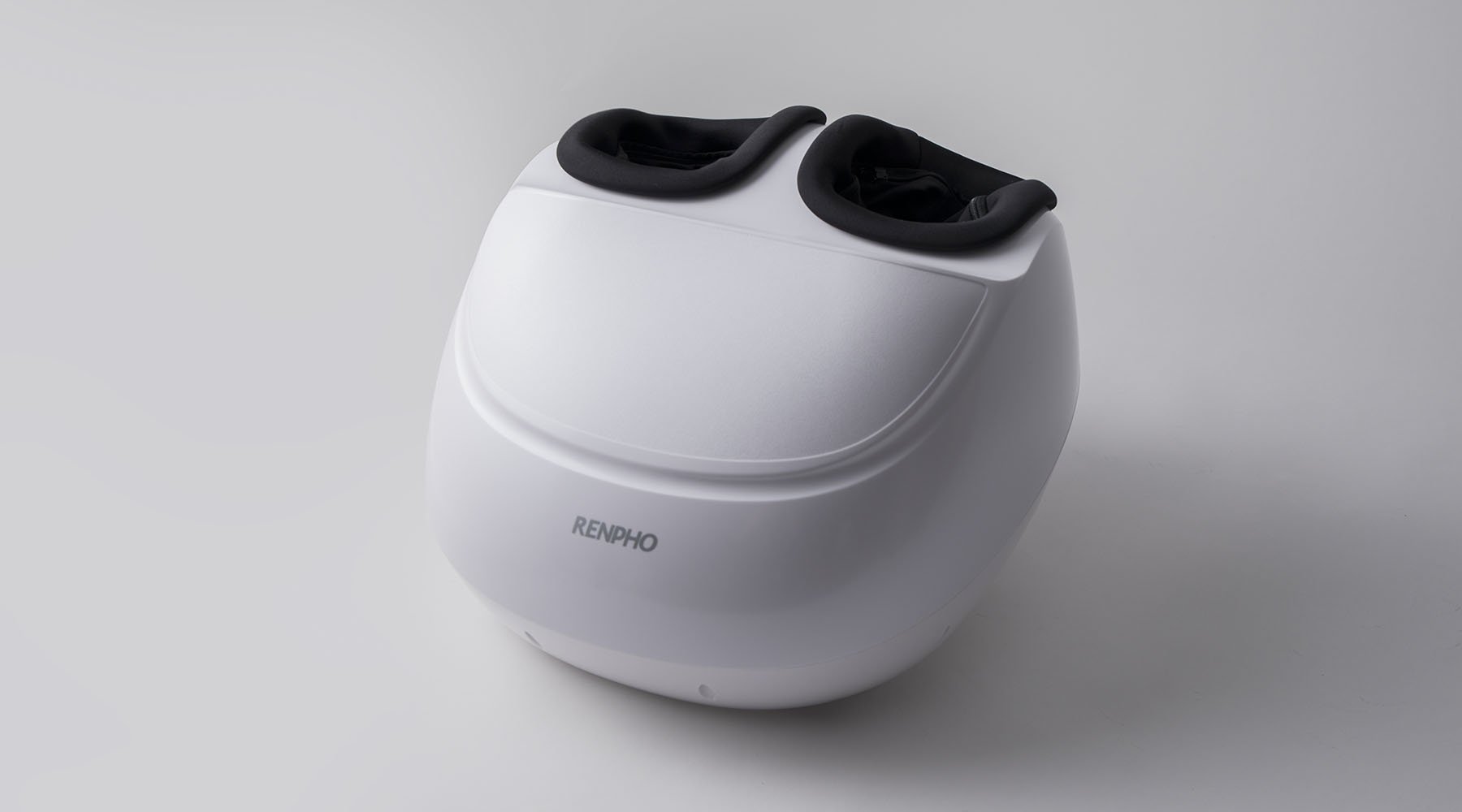People who have trouble sleeping at night tend to rely on caffeine the next day to stay awake, and that could turn into a vicious cycle that leads to poor sleep the next night. If you’re one of them, the first step is to identify the root causes of your poor sleep might be and make meaningful changes to your lifestyle in order to address it.
Read on to learn three helpful tips for the most common sleep issues and how to create a good sleep environment for the perfect sleep.
What Happens When You Don’t Have Enough Sleep
If you continue going about your day without getting enough sleep, you may develop more serious long-term health issues such as:
Moreover, sleep deprivation can have a negative impact on your appearance. It can cause premature wrinkles and dark circles beneath your eye over time.
Common Sleep Issues and Tips You Can Try
Why are you having such a hard time getting the rest you need? Here are some common sleep issues that may be keeping you up at night and tips you can try to help you fall asleep.
1. You’re too stressed out.
Stress and worries will either keep you awake or wake you up in the middle of your sleep. Stress hormones are partly responsible–your adrenal glands produce hormones like adrenaline and cortisol when you’re stressed which keeps you up at night.
Tip:
Try to put your worries to rest. Make a mental note of what’s on your mind and set it aside for tomorrow to prevent them from ruining your sleep.
Stress management may also be beneficial by beginning with the basics: being organized, prioritizing and delegating chores. Reading a book, deep breathing, meditation and taking a hot bath are good strategies to clear your mind.
2. You have insomnia or other sleep disorders.
Insomnia is when it is difficult to fall or remain asleep, and a common cause of this is illness-related discomfort. It can also be because of worrying, sadness, anxiety or depression. Some symptoms also include not getting enough rest or waking up too early in the morning.
Tip:
Try to stick to a consistent sleep pattern, regular exercise, meditation or limit caffeine, alcohol and nicotine intake for better sleep. If you have always had trouble sleeping, it is best to talk to a professional for recommendations, medications or therapy.
3. Your eyes hurt due to long periods of screen time.
You use your laptop or smartphone for almost everything such as for work, relaxation and just keeping up with daily life. All that time with your digital devices could be to blame if your eyes feel dry and feel tired, your eyesight is fuzzy by the end of the day, or your head, neck and shoulders ache.
We blink approximately 15-20 times every minute on average to help distribute tears throughout our eyes, preventing them from becoming dry and irritating. If you use your gadgets to read, watch or play, you blink fewer than half as often which strains your eyes.
Tip:
Your smartphone’s light shouldn’t be brighter than the lighting in your room. When your eyes feel dry, use eye drops to moisturize and refresh them.
You could effortlessly care for your eyes and allow them to recover from visual strain with the RENPHO Eye Massager. Your nerves and muscles are soothed by its heat compression function, allowing more blood and nutrients to reach your eyes which also relieves pain and fatigue.
The RENPHO Eye Massager stimulates your eyes and gently places pressure on the right areas, allowing your eyes to rest completely.
Improving Your Bedroom for Better Sleep
Small factors such as outdoor light pollution, loud noises and even the colors you use to design or how crowded your room is may all affect how deep and peaceful your sleep is. So, it’s important that your bedroom is not only great and comfy but also suitable for a good night’s sleep.
Making these improvements will allow you to relax at the end of an exhausting day and get the best night’s sleep you’ve ever had!
Keep your room dark
Bedrooms should be completely dark at night because even a slight amount of light from an alarm clock or television can disrupt our sleeping pattern, and can suppress melatonin production. Consider getting blackout curtains to block out the noise and light.
Clear your bedroom space
A place also feels more spacious and comfortable when it’s mess-free. You don’t have to tidy up every day, but you should make the bed and grab any clothes or other stuff that may be bothersome or create a busy atmosphere.
Fill the space that makes you feel better such as family photos, a soft rug, an indoor plant and soothing tones to make it a place for our bright and comforting thoughts.
Make your bed comfy
Your bed should be the most comfortable to sleep in. If you found some lumps, rips, or holes in your bed, it’s time to replace them already.
One component of sleep hygiene requires additional attention. The sleep environment should be at the center of your quest for better sleep organically. You spend a third of your life sleeping in a bedroom. People frequently ignore the significance of a bedroom in having a good night's sleep.
Checklist to Build a Good Night’s Sleep
Paving the way for a good night's sleep takes all day. A few simple steps taken throughout the day can help you get better sleep at night:
Learning sleep hygiene is essential for physical, mental and immune health, but implementing adjustments for a better sleep schedule demands focus and energy for your needs.
Now that you know that sleep should be one of your top priorities, it’s time to include the tips above to improve your well-being.
Incorporate the RENPHO Eyeris 1 Eye Massager into your night routine now!
Renpho Health Tips
-

Ways to Relax After An Exhausting Day
Apr 29, 2022
Read more >
-

5 Best Foot Massager Benefits
Jul 09, 2020
Read more >
-

Nutrients and Healthy Foods to Strengthen Your Immune System
May 10, 2022
Read more >
-

RENPHO Seasonal Staff Picks 2021
Dec 02, 2021
Read more >
-

The Ultimate Guide To Starting Your Fitness Journey
Mar 03, 2022
Read more >







































